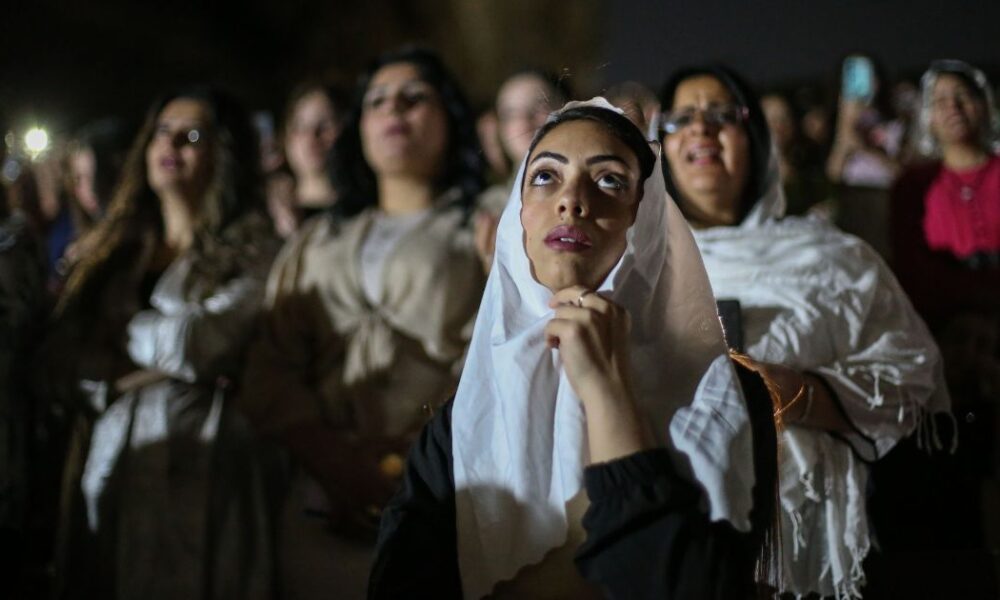Christians in Egypt are advocating for Easter Sunday to be recognized as an official public holiday. The proposal is currently progressing through Egypt’s judicial system, reflecting the desires of a minority group that comprises approximately 10 percent of the country’s population. The push for this recognition is particularly significant given that Sunday is typically a working day in Islamic culture.
The case was taken to the Administrative Court after the Prime Minister denied a previous petition requesting the official status for Easter Sunday. The State Commissioners Authority is expected to review the issue early in March 2024. According to Kelsey Zorzi, Director of Advocacy for Global Religious Freedom at Alliance Defending Freedom International, “This petition represents an important opportunity to advance the right of Christians to freely practice their faith in Egypt.”
Zorzi emphasized that recognizing Easter as a public holiday would allow millions of Egyptian Christians to observe one of their most sacred days without the conflict of work or school obligations. The acknowledgment of this holiday would be a meaningful step towards ensuring their rights are respected.
Historical Context and Current Challenges
Egypt has a long history of Christianity, with Coptic Christians tracing their roots back to the first century. They attribute their founding to John Mark, the author of the Gospel of Mark. Despite this rich heritage, Egyptian Christians have faced significant challenges over the centuries. Following the rise of Islam in the seventh century, the Christian population experienced substantial decline, particularly during periods of persecution by various Roman emperors in the early centuries of Christianity.
Today, many Christians in Egypt face discrimination and violence. According to the organization Open Doors, incidents of mob violence can force Christians to flee their homes, particularly in Upper Egypt, where active Islamic groups are present. Converts from Islam to Christianity often face severe pressure from their families to revert to their previous faith, with reports of violent opposition against Coptic believers.
Economic Hardships and Social Inequality
The recent economic turmoil has disproportionately affected Christians in Egypt. Many find themselves relegated to low-paying, menial jobs with poor working conditions. Open Doors reports that Christians are often treated as second-class citizens, further exacerbating their social and economic challenges.
In light of these conditions, the movement to establish Easter Sunday as a public holiday is not merely a matter of convenience but a crucial step towards affirming the rights of Christians in Egypt. The broader implications of this recognition could signal a shift in the government’s stance towards religious minorities and their rights to observe important cultural and religious practices.
As the legal process unfolds, the outcome will be closely watched by religious communities and human rights advocates, both within Egypt and globally. Recognizing Easter Sunday as a public holiday could foster a more inclusive society, where the rights of all religious groups are acknowledged and respected.







